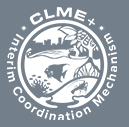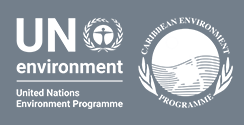|
Insular Caribbean
|
Central & North America |
South America |
Insular Caribbean |
Central & North America |
South America |
Displaying 1 of 1 results
 indicates that the Project Profile has been verified and it’s being managed by the project’s profile manager.
indicates that the Project Profile has been verified and it’s being managed by the project’s profile manager. -
PROCARIBE+ Protecting and Restoring the Ocean’s natural Capital, building Resilience and supporting region-wide Investments for sustainable Blue socio-Economic development
 Brief Description:The proposed project's objective is: "Protecting, restoring and harnessing the natural coastal and marine capital of the Caribbean and North Brazil Shelf Large Marine Ecosystems to catalyze investments in a climate-resilient, sustainable post-covid Blue Economy, through strengthened regional coordination and collaboration, and wide-ranging partnerships" The proposed project is expected to consist of 4 major components: 1) Region-wide multi-stakeholder cooperation, coordination, collaboration and communication for the protection, restoration and sustainable use of marine and coastal ecosystems in the Caribbean and North Brazil Shelf Large Marine Ecosystems (EBM approach) 2) Enabling national environments for the protection, restoration and sustainable use of coastal and marine resources (EBM/EAF) 3) Catalyzing actions by all sectors of society, at different spatial scales, for the protection, restoration and sustainable use of marine and coastal natural capital (“blue economies”) 4) Region-wide data/knowledge generation, management and sharing mechanisms supporting cooperation, coordination, collaboration and synergistic action It is expected that, either directly or indirectly, all countries and territories* from the Wider Caribbean (*and their mother countries) will participate in and/or benefit from PROCARIBE+.Lead Organization: UNDPDonor: GEFProject ID:Geographic Scope: Multicountry (regional)Project Status: OngoingLast Update: 19/09/2023
Brief Description:The proposed project's objective is: "Protecting, restoring and harnessing the natural coastal and marine capital of the Caribbean and North Brazil Shelf Large Marine Ecosystems to catalyze investments in a climate-resilient, sustainable post-covid Blue Economy, through strengthened regional coordination and collaboration, and wide-ranging partnerships" The proposed project is expected to consist of 4 major components: 1) Region-wide multi-stakeholder cooperation, coordination, collaboration and communication for the protection, restoration and sustainable use of marine and coastal ecosystems in the Caribbean and North Brazil Shelf Large Marine Ecosystems (EBM approach) 2) Enabling national environments for the protection, restoration and sustainable use of coastal and marine resources (EBM/EAF) 3) Catalyzing actions by all sectors of society, at different spatial scales, for the protection, restoration and sustainable use of marine and coastal natural capital (“blue economies”) 4) Region-wide data/knowledge generation, management and sharing mechanisms supporting cooperation, coordination, collaboration and synergistic action It is expected that, either directly or indirectly, all countries and territories* from the Wider Caribbean (*and their mother countries) will participate in and/or benefit from PROCARIBE+.Lead Organization: UNDPDonor: GEFProject ID:Geographic Scope: Multicountry (regional)Project Status: OngoingLast Update: 19/09/2023
Start Date: 2023-05-05
End Date: 2028-05-04Website:http://www.procaribeplus.orgProject Profile Manager: Patrick Debels
Contact Email: PatrickD@unops.org
Contact Phone:Partners:Grant (USD): $0.00Total co-financing (USD): $0.00(Co) financing not originating from GEF:Participating Country(s):Belize
Brazil
Colombia
Costa Rica
Guatemala
Guyana
Honduras
Panama
Suriname
Venezuela
Bahamas
Cuba
Dominican Republic
Haiti
Jamaica
Saint Lucia
Trinidad and Tobago
Antigua and Barbuda
Saint Kitts and Nevis
Contributions to the 10-year CLME+ Strategic Action Programme (2015-2025)
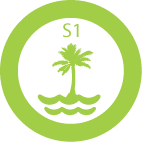
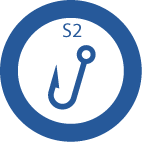

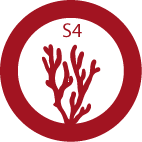
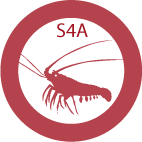
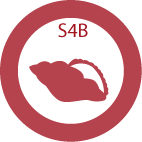
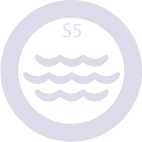
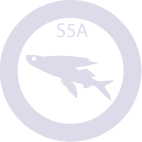
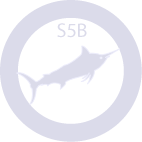
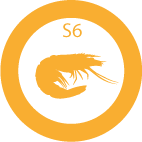 Please click on the colored SAP Strategy icon to obtain more information on the specific SAP Actions this initiative is contributing to1. Enhance the regional governance arrangements for the protection of the marine environment
Please click on the colored SAP Strategy icon to obtain more information on the specific SAP Actions this initiative is contributing to1. Enhance the regional governance arrangements for the protection of the marine environment
1.1. Establish and operationalise a formal agreement for coordinated action with Brazil1.2. Establish and strengthen regional institutional coordination and cooperation arrangements1.3. Evaluate expansion and strengthening of the mandate of organizations to effectively address issues relating to habitat degradation and pollution in the marine environment1.5. Establish and/or enhance the capacity of the regional,sub-regional and national governance arrangements for the involvement of civil society in the implementation of the EBM/EAF approach (IGOs,NGOs,CBOs,private sector...)1.6. Enhance the capacity within and among arrangements to undertake and mainstream lessons learned and findings from monitoring,science and research in regional, sub-regional and national decision-making1.7. Establish and/or enhance the capacity within and among arrangements to undertake and mainstream valuation of ecosystem goods and services in regional, sub-regional and national decision-making and policy development1.8. Establish and/or increase the capacity of (sub-)regional organizations and countries for integrating the management of terrestrial drainage basins with the management of the marine recipient basins and coastal development(CLME and NBSLME)1.10. Establish and/or enhance the data and information quality and collection and management capacity of the regional, sub-regional and nationalgovernance arrangements for the protection of the marine environment, including through the establishment of public-private partnerships1.11. Establish and/or enhance the capacity of the regional, sub –regional and national governance arrangements for the monitoring, assessment and reporting on the state of the marine environment2. Enhance the regional governance arrangements for sustainable fisheries
2.4. Establish and/or enhance the capacity of the regional, sub-regional and national governance arrangements for the broader involvement of society in the implementation of the EBM/EAF approach (IGOs, NGOs, CBOs, private sector...)2.7. Coordinate the development and implementation of regional, sub-regional and national initiatives for sustainable small scale fisheries (including capacity building and pilot initiatives)2.8. Coordinate the development and implementation of regional, sub-regional and national initiatives to improve welfare and livelihoods through the provision of Decent Work(including through the development of alternative livelihoods, capacity building and pilot initiatives)2.10. Establish and/or enhance the capacity to manage knowledge and to mainstream findings from monitoring, science and research in regional, sub-regional and national decision-making and policy development for sustainable fisheries2.11. Establish and/or enhance the capacity to undertake and mainstream valuation of ecosystem goods and services in regional, sub-regional and national decision-making and policy development for sustainable fisheries2.13. Establish and/or enhance the data and information quality and collection and management capacity of the regional, sub-regional and national fisheries governance arrangements, including through the establishment of public-private partnerships2.14. Establish and/or enhance the capacity of the regional, sub-regional and national fisheries governance arrangements for the monitoring, assessment & reporting on the state of fisheries3. Establish and operationalise a regional policy coordination mechanismfor ocean governance, with initial focus on shared Living Marine Resources
3.3. Adopt and operationalise the permanent regional policy coordination mechanism for shared Living Marine Resources (sLMR) governance3.4. Develop and adopt a regional policy for data and information harmonization and sharing3.5. Develop and coordinate integrated and sectoral research strategies in support of the implementation of broader ocean governance in the region, with a short and medium term focus on sLMR management3.6. Develop and coordinate integrated and sectoral sustainable financing strategies for the cost-effective implementation of broader ocean governance in the region, with a short and medium term focus on sLMR governance3.7. Facilitate the preparation of data and information products and the uptake of monitoring and research outputs by (sub)regional and national science-policy interfaces4. Enhance the governance arrangements for ecosystem-based management for reefs and associated ecosystems
4.1. Strengthen the formal cooperation between OSPESCA and CCAD for implementing the EBM/EAF approach4.2. Establish and/or enhance the cooperation between environmental, fisheries and other relevant agencies within CARICOM for implementing the EBM/EAF approach4.4. Coordinate and enhance (sub-)regional and national efforts for the conservation of the biodiversity of reef and associated habitats, including through the strengthening of networks of marine protected areas (MPAs), and initiatives for sustainable reef fisheries* such as programmes dealing with alien invasive species4.6. Establish and/or enhance the institutional structure and capacity of (sub-)regional and national arrangements for implementing management and conservation measures for reef ecosystems4.8. Operationalise and strengthen interlinked Decision Support Systems (DSSs) for the protection of reefs and associated ecosystems and for the sustainable management of associated living marine resources4A. Enhance the governance arrangementsfor implementing an ecosystem approach for spiny lobster fisheries
4A.2. Evaluate and expand, as applicable,the geographic scope of the governance arrangement operated by OSPESCA, taking into consideration both the perspectives of species range (ecosystem approach) and of common markets4A.3. Strengthen and achieve full implementation of policy cycles under the existing sub-regional governance arrangements for the management of the spiny lobster fisheries, including linkages with organizations working on the environmental protection of reefs and associated ecosystems4A.4. Operationalise and strengthen a DSS for the spiny lobster fisheries (including linkages to the DSS for the protection and sustainable management of reefs and associated living marine resources)4B. Enhance the governance arrangementsfor implementing an ecosystem approach for queen conch fisheries
4B.2. Develop and adopt a regional framework and management and conservation plan for the queen conch with regional-level harmonized regulations (including trade issues)4B.3. Develop, adopt and implement the sub-regional agreements for the management of the queen conch resource4B.4. Strengthen and achieve full implementation of policy cycles under the existing sub-regional governance arrangements for the management of queen conch fisheries, including linkages with organizations working on the environmental protection of reefs and associated ecosystems (EAF)4B.5. Operationalise and strengthen a DSS for the queen conch fisheries (including linkages to the DSS for the protection and sustainable management of reefs and associated living marine resources)5. Enhance the governance arrangements for implementing an ecosystem approach for pelagic fisheries
5A. Enhance the governance arrangements for implementing the ecosystem approach for flyingfish fisheries
5B. Enhance the governance arrangementsfor implementing an ecosystem approach for large pelagics fisheries
6. Implement EBM/EAF of the Guianas-Brazil continental shelf with special reference to the shrimp and groundfish fishery
6.5. Explore and establish the most appropriate mechanism for integrating the four sub regional arrangements6.6. Operationalise and further enhance an interlinked, sub-regional decision support systems (DSS) for sustainable fisheries and environmental protection in the Guianas-Brazil continental shelf6.7. Establish and/orthe capacity of sub-regional and national arrangements for implementing management and conservation measures6.10. Develop and implement initiatives for sustainably enhancing livelihoods by identifying and building capacity for diversification, viable alternative sources of Decent Work and/or improved incomes, and creating added value for current catches
Contributions to the 2030 UN Sustainable Development Agenda (SDG’s)
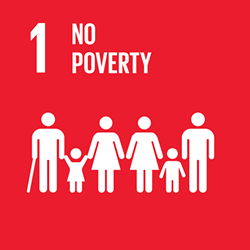
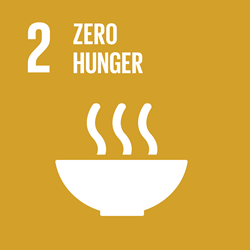
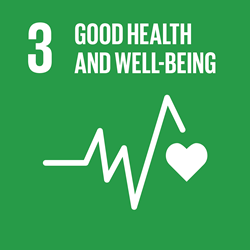
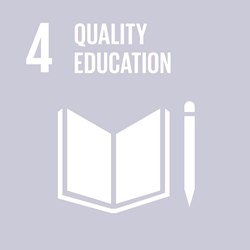
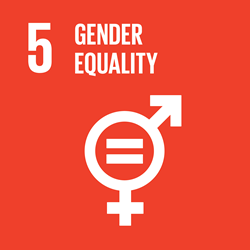
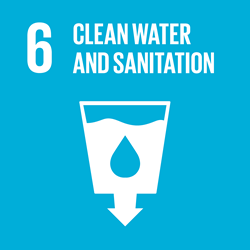
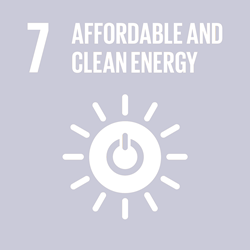
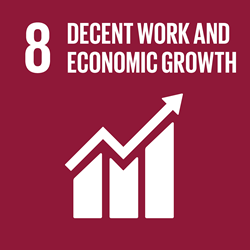
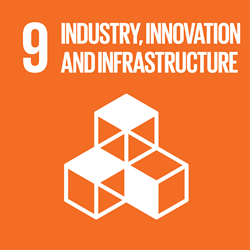
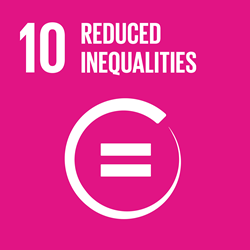
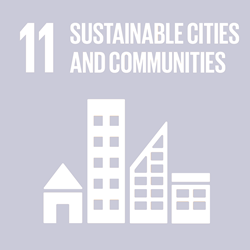
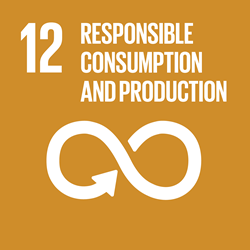
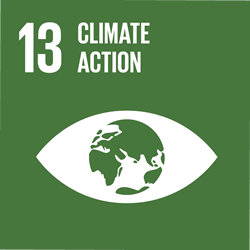
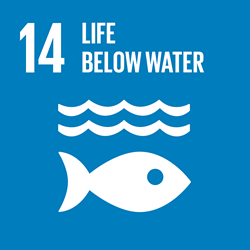
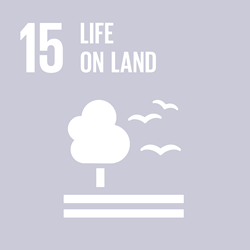
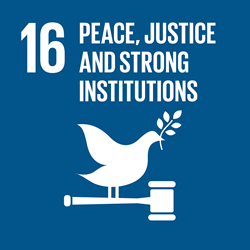
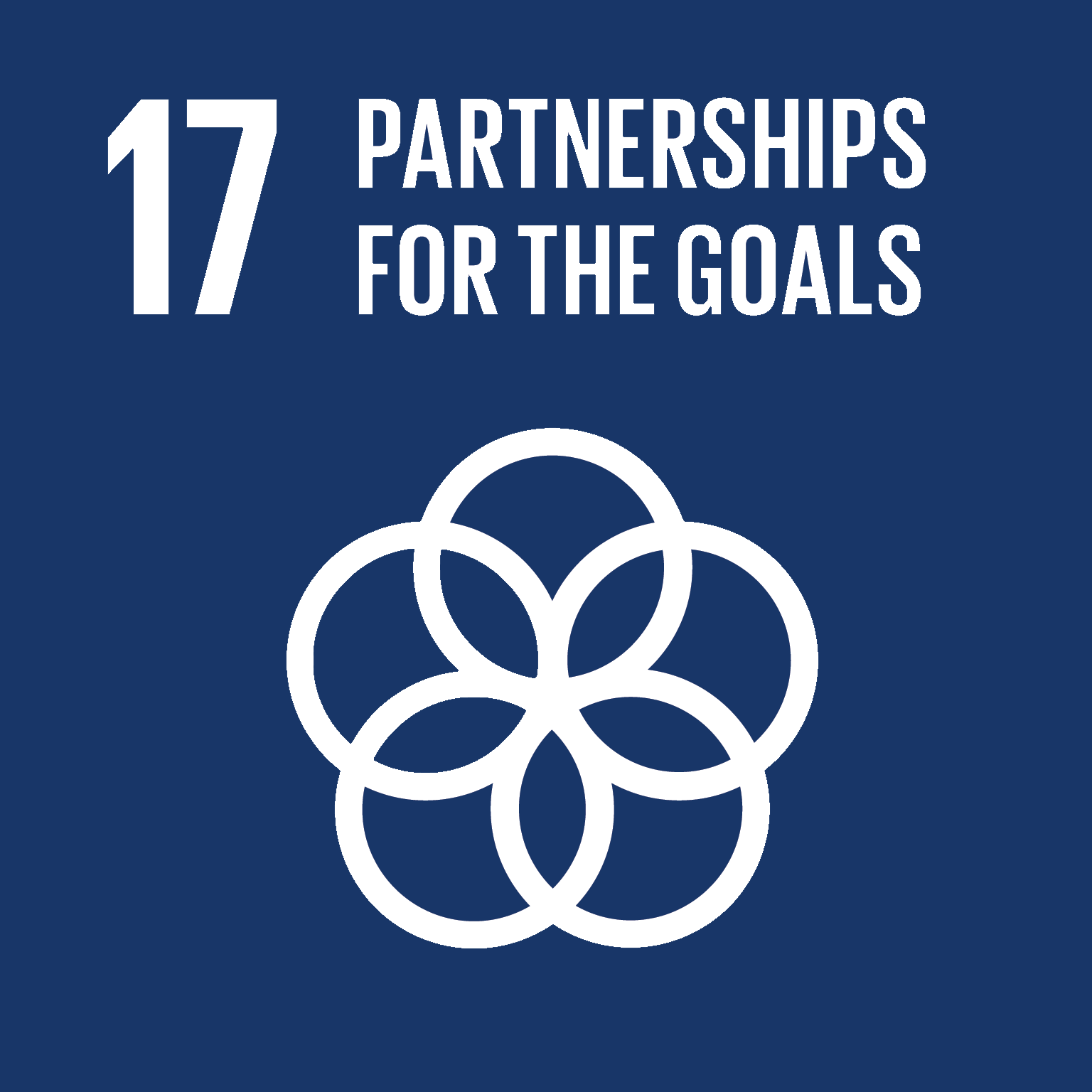
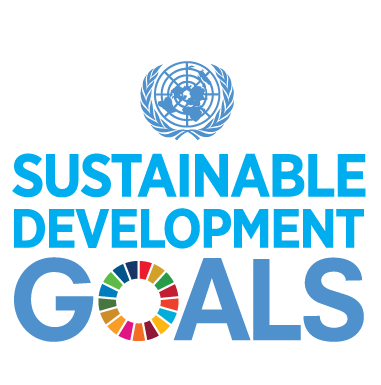 Please click on the SDG14 colored icon to see to which specific SDG14 targets this initiative is contributing.1. End poverty in all its forms everywhere
Please click on the SDG14 colored icon to see to which specific SDG14 targets this initiative is contributing.1. End poverty in all its forms everywhere
1.1 By 2030, eradicate extreme poverty for all people everywhere, currently measured as people living on less than $1.25 a day2 End hunger, achieve food security and improved nutrition and promote sustainable agriculture
2.1 By 2030, end hunger and ensure access by all people, in particular the poor and people in vulnerable situations, including infants, to safe, nutritious and sufficient food all year round3 Ensure healthy lives and promote well-being for all at all ages
3.1 By 2030, reduce the global maternal mortality ratio to less than 70 per 100,000 live births4 Ensure inclusive and equitable quality education and promote lifelong learning opportunities for all
5 Achieve gender equality and empower all women and girls
5.1 End all forms of discrimination against all women and girls everywhere6 Ensure availability and sustainable management of water and sanitation for all
6.1 By 2030, achieve universal and equitable access to safe and affordable drinking water for all7 Ensure access to affordable, reliable, sustainable and modern energy for all
8 Promote sustained, inclusive and sustainable economic growth, full and productive employment and decent work for all
8.1 Sustain per capita economic growth in accordance with national circumstances and, in particular, at least 7 per cent gross domestic product growth per annum in the least developed countries9 Build resilient infrastructure, promote inclusive and sustainable industrialization and foster innovation
9.1 Develop quality, reliable, sustainable and resilient infrastructure, including regional and transborder infrastructure, to support economic development and human well-being, with a focus on affordable and equitable access for all10 Reduce inequality within and among countries
10.1 By 2030, progressively achieve and sustain income growth of the bottom 40 per cent of the population at a rate higher than the national average11 Make cities and human settlements inclusive, safe, resilient and sustainable
12 Ensure sustainable consumption and production patterns
12.1 Implement the 10-year framework of programmes on sustainable consumption and production, all countries taking action, with developed countries taking the lead, taking into account the development and capabilities of developing countries13 Take urgent action to combat climate change and its impacts
13.1 Strengthen resilience and adaptive capacity to climate-related hazards and natural disasters in all countries14 Conserve and sustainably use the oceans, seas and marine resources for sustainable development
14.1 By 2025, prevent and significantly reduce marine pollution of all kinds, in particular from land-based activities, including marine debris and nutrient pollution14.2 By 2020, sustainably manage and protect marine and coastal ecosystems to avoid significant adverse impacts, including by strengthening their resilience, and take action for their restoration in order to achieve healthy and productive oceans14.4 By 2020, effectively regulate harvesting and end overfishing, illegal, unreported and unregulated fishing and destructive fishing practices and implement science-based management plans, in order to restore fish stocks in the shortest time feasible, at least to levels that can produce maximum sustainable yield as determined by their biological characteristics14.5 By 2020, conserve at least 10 per cent of coastal and marine areas, consistent with national and international law and based on the best available scientific information14.7 By 2030, increase the economic benefits to Small Island developing States and least developed countries from the sustainable use of marine resources, including through sustainable management of fisheries, aquaculture and tourism14.a Increase scientific knowledge, develop research capacity and transfer marine technology, taking into account the Intergovernmental Oceanographic Commission Criteria and Guidelines on the Transfer of Marine Technology, in order to improve ocean health and to enhance the contribution of marine biodiversity to the development of developing countries, in particular small island developing States and least developed countries14.b Provide access for small-scale artisanal fishers to marine resources and markets14.c Enhance the conservation and sustainable use of oceans and their resources by implementing international law as reflected in UNCLOS, which provides the legal framework for the conservation and sustainable use of oceans and their resources, as recalled in paragraph 158 of The Future We Want15 Protect, restore and promote sustainable use of terrestrial ecosystems, sustainably manage forests, combat desertification, and halt and reverse land degradation and halt biodiversity loss
16 Promote peaceful and inclusive societies for sustainable development, provide access to justice for all and build effective, accountable and inclusive institutions at all levels
16.1 Significantly reduce all forms of violence and related death rates everywhere
Other Regional and Global Commitments
Regional Emerging Issues
ABOUT
FROM VISION TO STRATEGIC ACTION
WORKING TOGETHER
PROJECTS AND INITIATIVES
ABOUT
MenuFROM VISION TO STRATEGIC ACTION
MenuWORKING TOGETHER
MenuPROJECTS AND INITIATIVES
MenuTOOLS
The CLME+ Hub is an initiative of the Secretariat of the CLME+ Interim Coordination Mechanism (ICM), in collaboration with the members of the CLME+ ICM and CLME+ Project Executive Group (PEG) and (prospective) Partner Organizations. Development of the Hub has benefited from the financial support of the UNDP/GEF Project: “Catalysing Implementation of the Strategic Action Programme (SAP) for the Sustainable Management of shared Living Marine Resources in the Caribbean and North Brazil Shelf Large Marine Ecosystems” (CLME+ Project, 2015-2020). The CLME+ Project is executed by the United Nations Office for Project Services (UNOPS) in close collaboration with a large number of global, regional and national-level partners. For more information on the CLME+ Project click here
Copyright © 2021 CLME + HUB
Menu

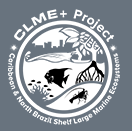

Cookies policy
We use cookies to enhance your site experience, to provide you with extra functionalities and for analytical purposes. You can consent to the use of such technology by accepting and closing this notice. If you want to find out more, please read our cookies policy here.
Welcome to SOMEE
MenuSOMEE content is still under development and is therefore not yet available online. However, you can already check for sample text and materials under the sections in blue text










